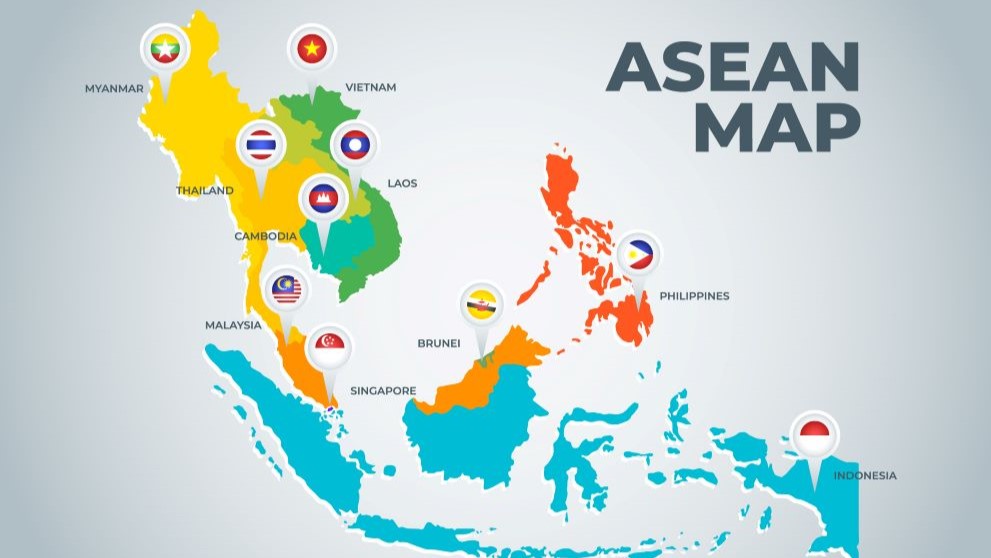Workflow management tools allow you to automate many processes throughout your organisation, increasing efficiency and productivity. Here’s a list of workflow planning tools your business can explore now.
Workflow planning tools matter because they help businesses manage projects effectively. Whether you're managing a project internally or working with clients, having a good workflow plan can save hours of frustration and wasted time. A properly planned workflow keeps everyone on track, and ensures that everything gets completed on schedule. By creating a solid workflow, you can avoid confusion and miscommunication along the way. Since you're probably already spending too much time on tasks that aren't getting finished, workflow planning software can free up your time to focus on more productive activities.
Why are workflow planning tools important?
Workflow planning tools and project management software are the best way to manage tasks within your organisation. They give you the ability to set up complex processes and assign different steps to different team members. Whether you’re running an SME or a large corporation, these tools are especially useful for businesses that have multiple projects going on at once.
Some business tools allow you to achieve a range of tasks, from team collaboration to task management, to social media scheduling. These include Microsoft Project, Basecamp, Trello, and others. Each tool works differently, but they all serve the same purpose: to keep track of everything that needs to be completed.
Productivity tools to explore
1. Automation tools
Automating tasks within your workflow can save you hours of tedious manual labour, allowing you to focus on more pressing matters. There are many different ways to automate processes within your organisation. For example, Workflow automation software like Monday.com, TeamGantt and Workotter allows you to facilitate collaboration, helping your team track project milestones and manage files. Other aspects of work such as the employee onboarding process also can be automated. HR software, like Freshteam, allows personal information to be systematically collected from a new employee, and for information to be organised and archived into the HR system.
2. Customer Relationship Management system
CRM software, or Customer Relationship Management software, is designed to improve sales performance by managing contacts, keeping track of deals, and automating processes. These programs are especially good at ensuring that your sales team doesn't miss any leads. They can also help manage client interactions and keep tabs on everything that happens during a sale, like follow-up calls, scheduling meetings, and sending documents.
Most importantly, CRMs enable you to automate many repetitive tasks, freeing up your time to focus on more creative activities. You can give your clients the attention they deserve, which increases your chances of closing a deal. A CRM tool can ultimately boost sales and customer retention. Some examples of CRM tools include HubSpot, Microsoft Dynamics and Salesforce.
















































